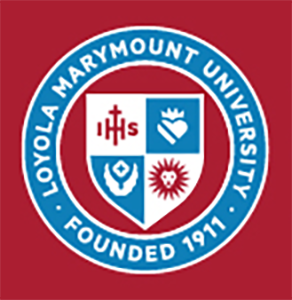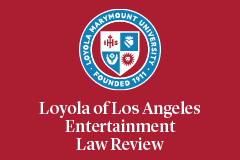Abstract
The 1994 Supreme Court case Campbell v. Acuff-Rose established broad protections for parody in U.S. copyright law. While the case is well known, the facts behind the case are not. None of the three courts that heard the case were told that the alleged parody by 2 Live Crew appeared only on a “sanitized” version of the group’s controversial album. Thus the work had a heightened commercial purpose: filling up a meager album so that album could serve as a market stopgap for its controversial cousin. Although commercial purpose is a key factor in the fair use calculus, no court heard this argument.
The case is also ironic because Acuff-Rose maintained that 2 Live Crew’s song was by definition not a parody in the first place, but was unable to argue this due to procedural maneuvers in the district court and due to the Sixth Circuit’s desire to address fair use in a music context. Furthermore, 2 Live Crew’s expert Oscar Brand demonstrated a deep misunderstanding of the rap genre, and his analysis essentially relegates rap artists to participants in a minstrel show. Ironically, that was the winning argument for a black rap artist. In short, Campbell v. Acuff-Rose is a case that came out wrong—wonderfully wrong.
Recommended Citation
,
"If That's The Way It Must Be, Okay": Campbell v. Acuff-Rose On Rewind,
36 Loy. L.A. Ent. L. Rev. 137
(2016).
Available at: https://digitalcommons.lmu.edu/elr/vol36/iss2/2
Included in
Antitrust and Trade Regulation Commons, Commercial Law Commons, Intellectual Property Law Commons, Privacy Law Commons


